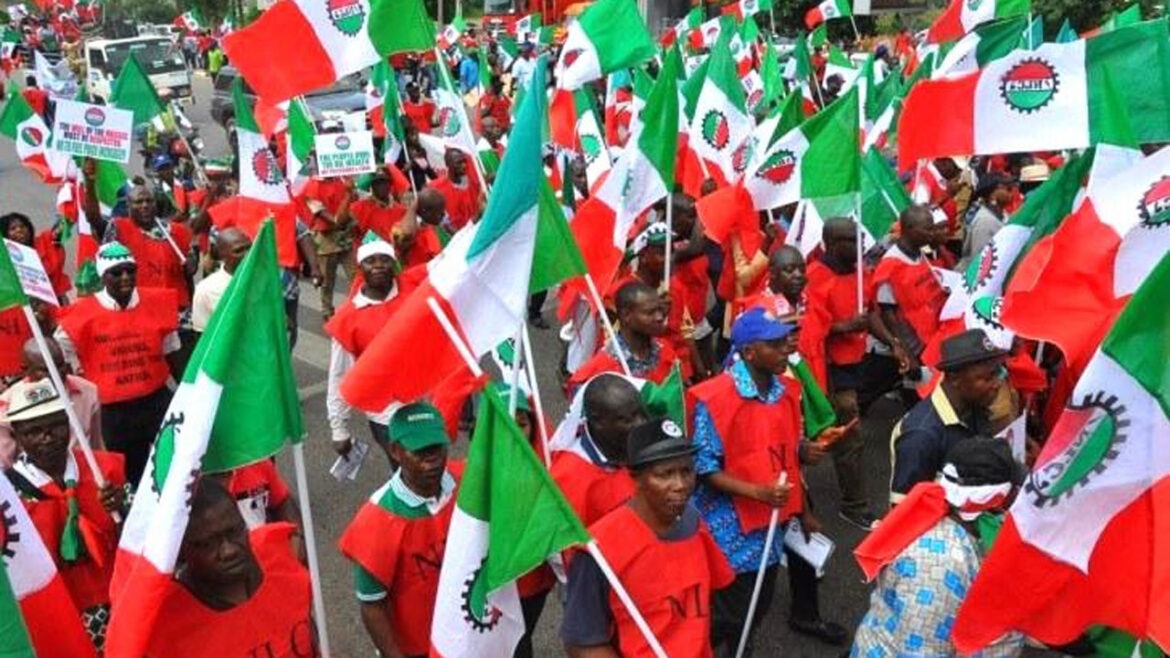Nigeria’s economy is reeling from a significant blow as nationwide labour strikes have effectively ground key sectors to a halt. The coordinated action by major labour unions has disrupted the country’s power grid, port operations, and banking services, underscoring the deep-rooted tensions between the government and its workforce.
The strikes, which began early Monday, were organized by the Nigeria Labour Congress (NLC) and the Trade Union Congress (TUC) in response to unresolved disputes over wage increases, working conditions, and government policies perceived as unfavourable to workers. The unions claim that repeated attempts to engage with the government have been met with inadequate responses, leaving them no choice but to escalate their actions.
“The government has continuously ignored our demands for fair wages and better working conditions,” said Ayuba Wabba, President of the NLC. “We are left with no option but to take this stand to protect the rights and livelihoods of Nigerian workers.”
The impact of the strike was immediate and widespread. Power outages have been reported across multiple states as workers at the national power grid walked off their jobs. Ports, critical for both imports and exports, have seen operations cease, causing significant delays in shipments and threatening supply chains. Banks across the nation have closed their doors, leaving businesses and individuals unable to access financial services.
Economists warn that the disruption could have severe consequences for Nigeria’s already fragile economy. “The halt in essential services like power, ports, and banking can lead to a ripple effect across all sectors,” said Dr. Uche Orji, a prominent Nigerian economist. “This could exacerbate inflation, disrupt trade, and deter investment, further straining an economy that is still recovering from the impacts of the COVID-19 pandemic.”
The government has called for an urgent dialogue with the labour unions to resolve the impasse. In a televised address, President Muhammadu Buhari urged for calm and patience while expressing willingness to negotiate. “We recognize the legitimate concerns of our workers and are committed to finding a solution that benefits all parties,” Buhari stated. “However, we must also ensure that our economy remains stable and that essential services are not unduly disrupted.”
Business leaders and industry groups have expressed growing concern over the prolonged strike and its potential to derail economic recovery. Many are urging both the government and the unions to reach a swift resolution. “The ongoing disruption is not sustainable and poses a significant risk to the nation’s economic stability,” said Aliko Dangote, one of Nigeria’s leading industrialists. “It is imperative that both sides come to the table and negotiate in good faith.”
As the strike enters its second day, the nation watches closely, hopeful for a resolution that can restore normalcy and prevent further economic damage. The unfolding events highlight the critical need for effective communication and negotiation between the government and its workforce, as the future of Nigeria’s economic health hangs in the balance.
